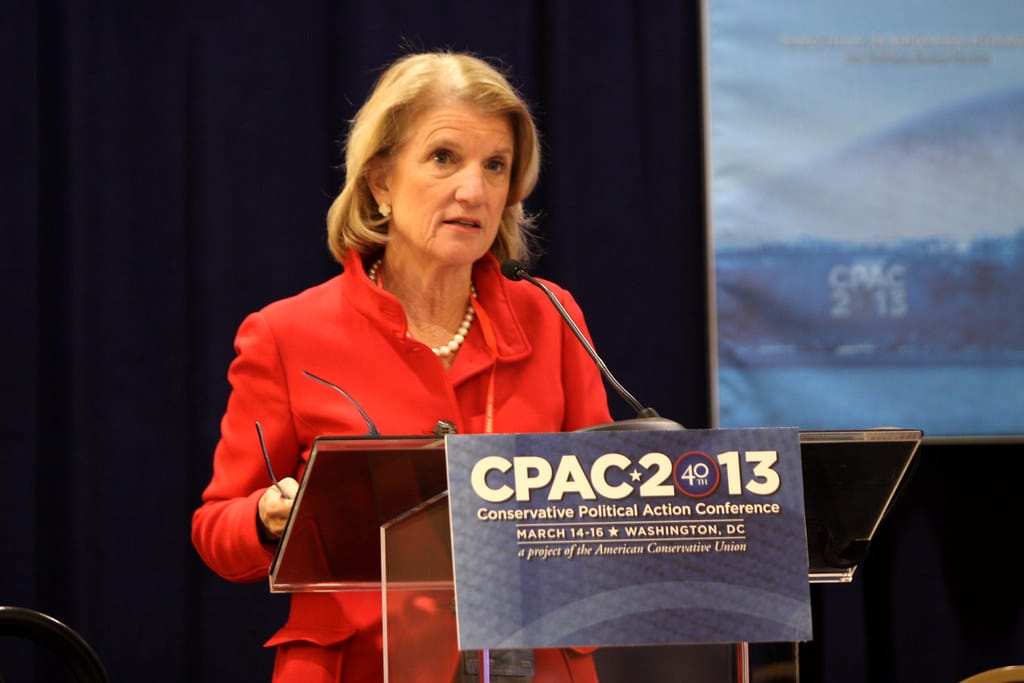Two New Broadband Bills, Including One Aimed at Rural America, Introduced in Congress
The bipartisan Hassan-Capito bill would provide state and local governments with new financing options for broadband projects.
Ty Perkins

May 21, 2021 — Two new bills introduced into Congress this week both aim to accelerate the rate at which quality broadband access reaches unserved and underserved Americans living in rural communities.
The Expanding Opportunities for Broadband Deployment Act introduced Thursday by Rep. G. K. Butterfield, D-N.C., seeks to repeal unnecessary eligibility requirements that prevent otherwise qualified internet service providers from participation in federal universal support programs designed to close broadband access gaps nationwide. Universal support programs are federally funded and operate on the belief that all Americans should have access to communications services.
The bipartisan Rural Broadband Financing Flexibility Act introduced on Tuesday by Sens. Maggie Hassan, D-N.H., and Shelley Moore Capito, R-W.V., aims at helping states, cities and town spur investment in rural broadband projects. The bill would provide state and local governments with new financing options for broadband projects, giving states and localities access to additional tools to invest in rural broadband.
Butterfield’s legislation will retire the eligible telecommunications carrier designation requirements, which, according to the NCTA, “unfairly prevent qualified ISPs from participating in federal universal support programs.” By removing the requirements, more service providers with a history of competently operating broadband networks will participate in the federally funded programs.
Ideally, this will spur competition among more competing internet service providers, who will all seek to bring internet service to underserved areas for the best quality and lowest prices.
Hassan’s and Moore’s bill would allow states to issue tax-exempt bonds in order to finance rural broadband projects. These bonds would be backed by the federal government, which would ensure repayment on the bonds, thereby making the purchasing of such assets a riskless investment. Additionally, the legislation would create a federal tax credit that states and localities could direct toward rural broadband projects.
“I’ve been pursuing every angle to ensure rural areas get reliable, affordable connectivity,” Capito said. “This legislation will provide additional funding opportunities for communities looking to invest in rural broadband. I’m proud to team up with Sen. Hassan again to reintroduce this legislation that will help close the digital divide in West Virginia and across rural America by incentivizing buildout and expanding financing options.”








Member discussion